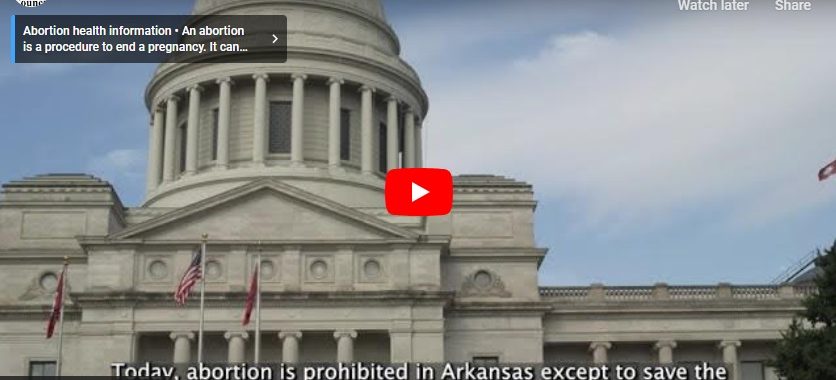CVS and Walgreens Become Abortion Providers: Guest Column

Walgreens and CVS, the two largest U.S. pharmacy chains, recently announced that they will begin offering the abortion pill mifepristone at select stores this month. Walgreens plans to sell the pill at locations in New York, Pennsylvania, Massachusetts, California, and Illinois, with hopes to expand to other locations and states soon. CVS will offer the pill in Massachusetts and Rhode Island and then expand to other states.
President Biden, whose pro-abortion agenda is “the strongest abortion rights platform of any general election candidate,” praised the pharmacy chains’ decision as an “important milestone in ensuring access” to chemical abortion. The pharmacy giants’ push marks the latest in a cascade of anti-life efforts to expand chemical abortion.
When originally approved by the Food and Drug Administration in 2000, mifepristone could only be prescribed by a licensed physician after an in-person appointment and required an in-person follow-up to ensure that the abortion had been completed “safely.” In 2016, the Obama administration expanded the list of who could prescribe the drug and eliminated the two-week follow-up requirement. During the pandemic in 2021, the Biden administration first temporarily lifted the “in-person” requirement before removing it entirely later that year, allowing doctors to prescribe the lethal drug via telehealth and patients to receive it via mail. In 2023, after the Dobbs ruling reversed Roe v. Wade, the Biden administration removed more restrictions on mifepristone, including allowing retail pharmacies to dispense it.
Activists claim that increased access is a matter of women’s “healthcare.” As of 2020, chemical abortion made up 54% of all abortions, making it the most widely “accessed” form of abortion. But mifepristone is far from healthy for preborn babies or their mothers. The drug starves preborn children of the nutrients they need to grow by blocking the uterus from receiving progesterone. Mifepristone also comes with risks for mothers. When taken, the drug can cause heavy bleeding, incomplete abortion, and infection, among other problems. According to one report, it “has been tied to 24 deaths and more than 4,000 adverse events” or complications. Still, other data has shown that “one in five women experienced an adverse event following a chemical abortion, and rates of complication were four times higher in chemical abortions compared to surgical abortions.”
Despite the many reasons for the restrictions on mifepristone, abortion advocates, drug companies, and now retail pharmacies have strong financial incentives to keep the prescriptions flowing. Fewer restrictions mean more money, even at the cost of preborn lives and women’s health.
Interestingly, CVS and Walgreens made their announcements just weeks before the Supreme Court is set to hear arguments for a case regarding FDA regulations around mifepristone. In particular, the case will consider whether the FDA was right to remove the requirement of an in-person consultation for mifepristone prescriptions during the pandemic. Hopefully the Supreme Court will hold the FDA accountable for loosening restrictions in a way that violated their oversight responsibilities.
Either way, it is abundantly clear that chemical abortion is the future battleground in the defense for preborn lives, only much more privatized and more difficult to regulate. That’s why we need not only judicial action aimed at the abortion pill, but also pro-life legislation to be enacted at the state and local level to limit widespread distribution and mail-order capacity of mifepristone. And in pro-abortion states, we need to enable abortion pill reversal, which has shown remarkable outcomes for women who have changed their minds after taking mifepristone.
Even more, the Church will need to make the case for the dignity of all life, making the path of forgiveness known and offering hope and healing in Christ. And we’ll need courageous lawmakers to take the next step in putting an end to abortion, both chemical and surgical. Lives depend on it.
Copyright 2024 by the Colson Center for Christian Worldview. Reprinted from BreakPoint.org with permission.




